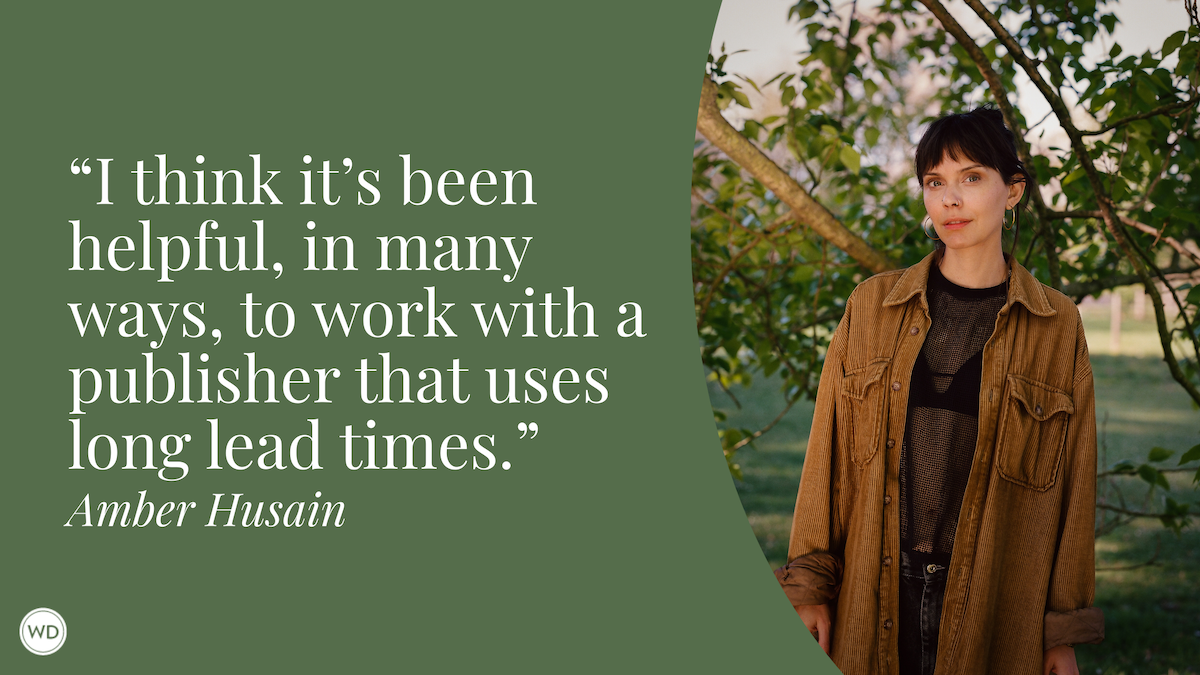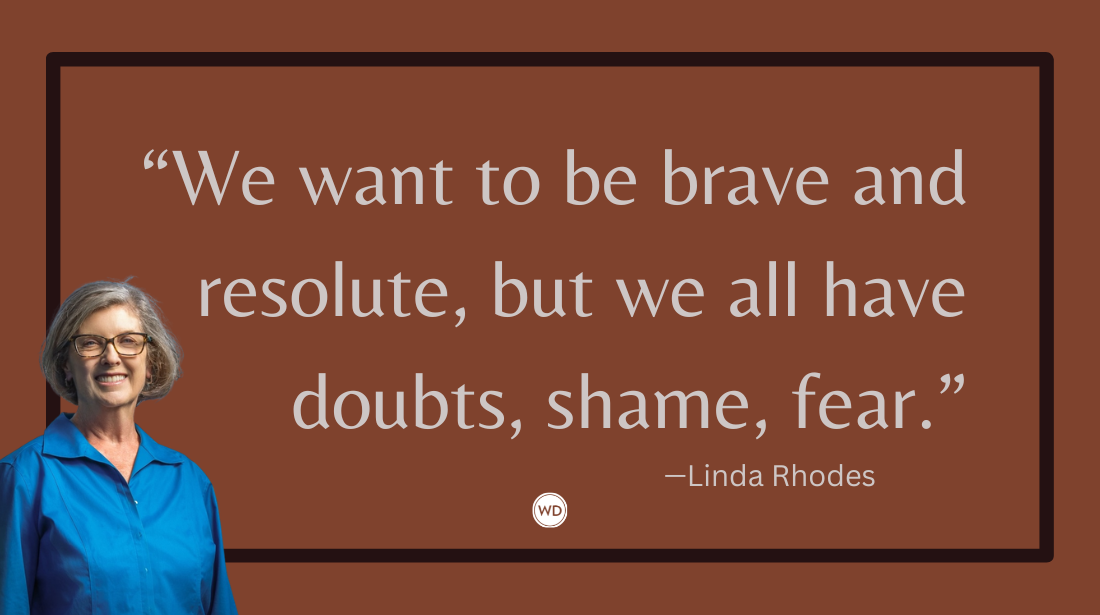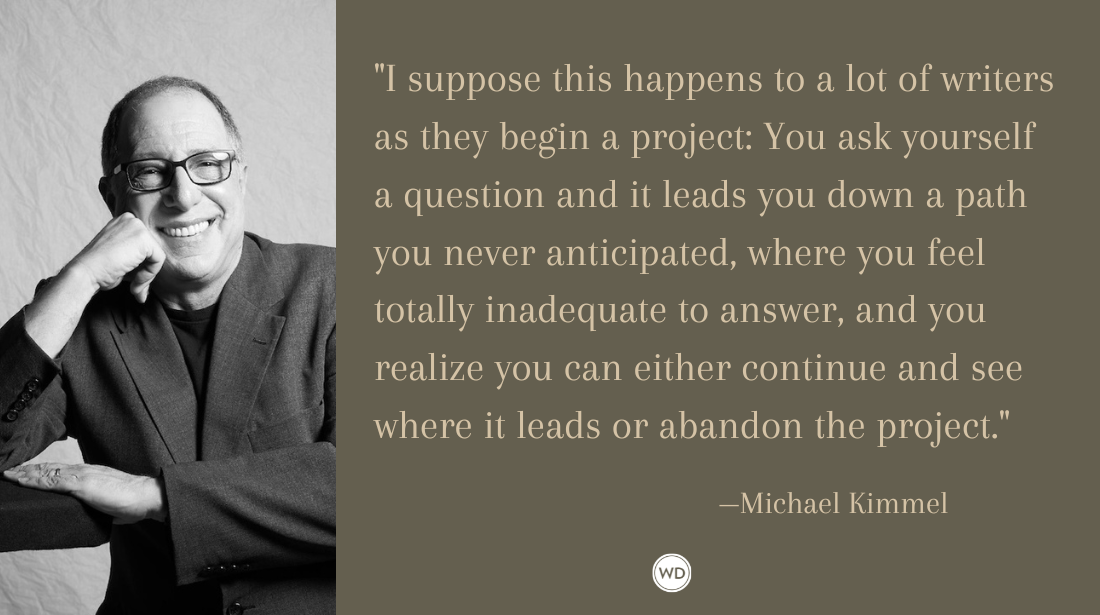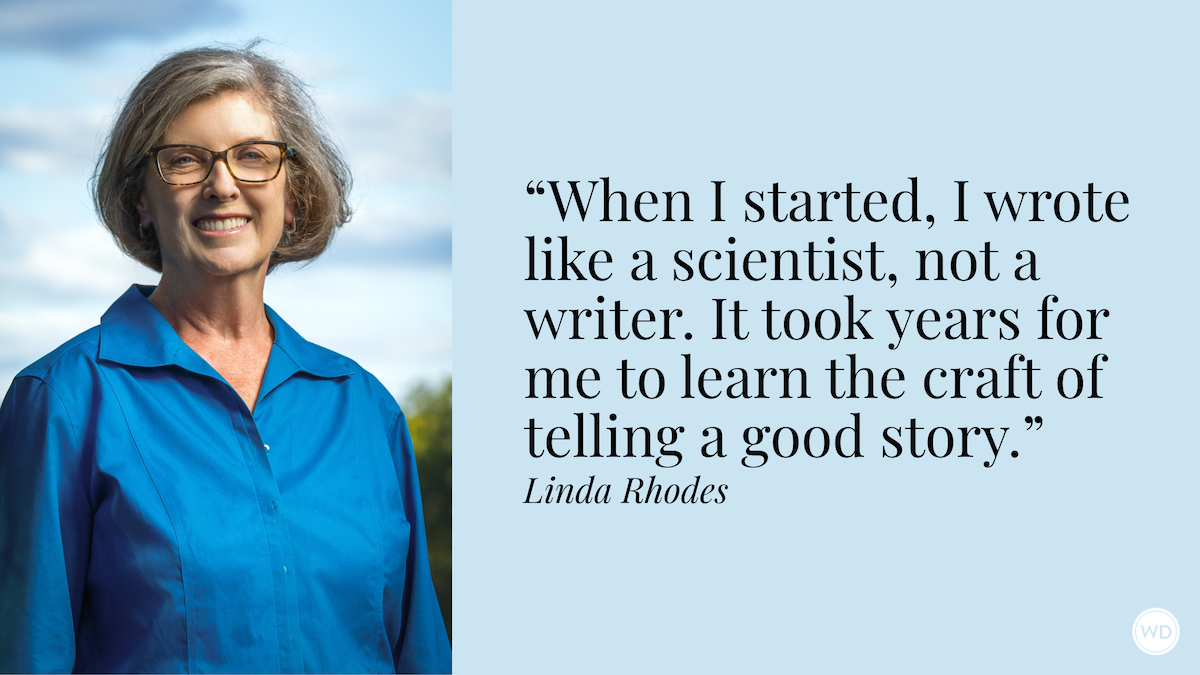Creating a Niche as a Generalist Journalist
Journalist Alison Hill explains the benefits of being a generalist journalist as well as how to carve out a niche at the same time.
“A Jack of all trades is a master of none, but oftentimes better than a master of one.”
Do generalists have more fun with their writing? Maybe. We certainly enjoy more story variety. Our topics can range anywhere from discussing ChatGPT to exploring why people love Bigfoot.
But are generalist writers in high demand? Probably not as much as experts or niche writers in this increasingly over saturated market.
So, what do I mean by generalist?
I’m referring to a writer or journalist who will cover just about any topic rather than focusing on or specializing in one genre or niche, or in journalistic terms, a beat, such as the environment, tech, science, opinion, health, or politics. A generalist may of course also cover these areas but will be competing with those with expertise and/or more experience and clips.
Most reporters with a geographical beat, freelancers, bloggers, and content creators, can claim the title “generalist.” I’ve always considered myself a generalist. I can’t imagine staying in just one lane for long. There are just too many interesting and diverse stories and formats to explore for me to narrow my scope. And maybe you feel the same way?
But in the past few years, with all the challenges facing the industry, there’s been a push in writing circles, for freelancers especially, to choose a niche or specialty to stay afloat. With AI-generated content and click bait flooding the market, as well as thousands of media job losses, now more than ever we need to find new ways to stand out.
Let’s explore the pros and cons of generalist journalism and nonfiction writing. Is there a middle ground? Can we continue pursuing the stories and topics we love and stick to our preferred formats and genres, while still creating a niche? Maybe you have an unrealized or unrecognized expertise that you can use? You may be a historian, a teacher, a parent. These can all be foundations for a niche that you can build upon (or rebuild).
What does a generalist have to offer?
Generalists must be skillful storytellers, keen observers, and possess the ability to quickly learn and understand the basics of a subject, enough to explain the story to readers, and to seek the right experts and ask them the right questions. They must also be highly adaptable and able to easily shift their focus between vastly different topics.
And it’s not just the topics that define generalists, it’s also the writing genres, style, and formats. Some freelancers tackle all types of writing—features, news, essays, listicles, and Q&A’s, which means they have multiple talents and a variety of clips and bylines.
For instance, in one month, I wrote commerce roundups about telescopes and air conditioning units, researched television veterinarians for a trade magazine feature, and conducted an in-depth interview with a romance writer for a sponsored content piece.
And generalist journalism is an umbrella term. My full-time journalism and producing roles in both print and television, were “generalist” in different ways. As a weekly newspaper reporter my beat was a geographical area, a rural, coastal, part of Wales, heavily agricultural and famous for its sailing. So, my stories covered these area-specific economies as well as local news in general. In my television roles there were different purviews for my field investigative work and the studio-based discussion shows I produced, although they both came under the banner of current affairs and the stories and topics were bountiful.
But advertising ourselves as just generalists doesn’t always work in our favor. Editors tend to prefer some kind of specialty, whether in a subject area, field, or writing type.
Different types of experts and niches.
Some writers thrive in one area where they can utilize different writing styles and explore several topics, for instance travel writers. Travel writers can tackle different aspects of the industry, such as budget or luxury travel, or the industry itself, looking at the hotel business, the economy, flights, and so on. They can focus on one type of vacation, such as cruises, or stick to a handful of destinations. They can also write different types of articles, features, listicles, and Q&A’s all under their “travel expert” title. This could also apply to lifestyle writers and other niches.
Other writers stick to and develop one journalistic type, such as opinion, essays, or features. This then becomes their niche, but the scope of their topics can still be general.
So, how can we as generalists, balance our need for variety and narrow down our specific skill sets, so we look more desirable?
Even as generalists we also naturally gravitate to certain stories and topics, so there’s a good chance you already have a niche and just don’t realize it. I know writers who love writing about comics, and others who write about health and wellness. These are possible niches.
When I look at my work history, I’ve covered American politics extensively, in the UK and US media and this is a niche I can easily claim, if I wanted to. My other niche is journalism. My whole career revolves around journalism, I’ve worked in several mediums on two continents, have 25+ years in the industry, and I’m now in my fourth year writing a column about journalism. I can safely advertise my expertise in this field, although for some reason it’s taken years for me to fully claim this title.
As writers we all suffer from imposter syndrome to some degree, especially those from older generations, and we must shake off this attitude for good. Claim your niche. It doesn’t have to be through writing, it can come from life experience, a job, career, or hobby. My brother is an expert at designing and building model railways and is sought out by specialty magazines to write articles for them—they pay him well and he’s not even a professional writer.
Maybe you’re an expert knitter, speak seven languages, have lived on five continents, or conversely, lived in the same house and small town all your life and watched the world change from your kitchen window. Whatever it is, find it and use it. Or maybe it’s the type of articles you excel at. Are you good at features? Then claim that as your expertise, while emphasizing that you love tackling a variety of topics.
So, dig into your portfolio and background, see where your writing strengths lie, and what kind of stories you’ve written in the past. Is there some way you can build on this? You may not be an expert yet, but you have a base from which to grow.
Choose what you love to write about the most and do more of that, and soon you’ll have created a niche and you’ll have the clips to prove your expertise.
*****
The Writer’s Digest Guide to Journalism is a practical, informative, and well-researched introduction to journalism and its best practices, with actionable advice, tips, techniques, explanations, and anecdotes straight from the field. In this digital guide, writers will learn how to write an effective news piece, skills need to be an effective journalist, outlets for publishing journalism, journalism associations, and so much more. Both inspirational and pragmatic, The Writer’s Digest Guide to Journalism is packed with valuable resources for aspiring journalists.
Alison Hill is a freelance writer, journalist, and Emmy-nominated producer who writes for print and online publications. Since 2001, Alison has been a regular guest commentator on BBC radio news shows discussing US politics and current events. Before going solo, she was a PBS producer and director and also worked as an investigative journalist for a Welsh TV series. From hosting TV shows and creating online content to going undercover with a hidden camera, she’s done it all. Alison grew up in a tiny village in Wales and speaks fluent Welsh. She’s an avid hiker, who also loves camping, kayaking, and reading. She now lives in South Carolina with her husband, 8-year-old daughter, and two rescue cats.









